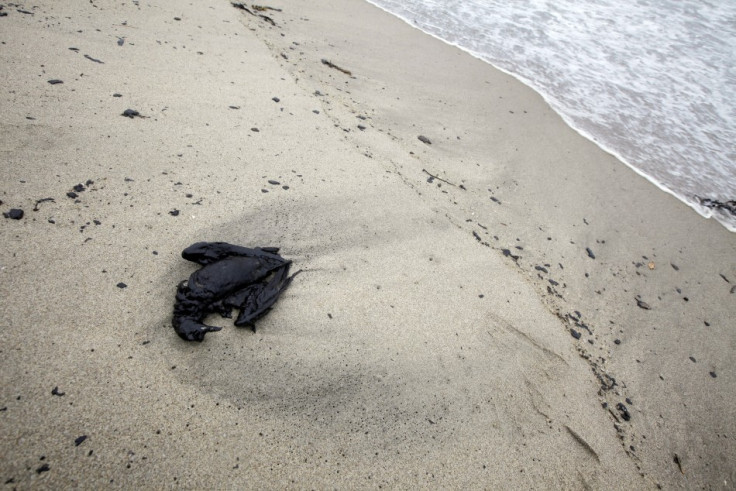Seabird populations have plummeted by 70% in last 60 years

The global population of monitored seabirds has plummeted by 70% since the 1950s, a new study has found.
Researchers from the University of British Columbia (UBC) garnered information on more than 500 populations of seabirds – which accounts for some 19% of the total seabird population. The findings revealed that, in the last 60 years, there has been a loss of around 230 million birds – or 69.6% of monitored populations.
Michelle Paleczny, a UBC master's student and researcher with the Sea Around Us project, warned that this is bad news for the marine ecosystem: "Seabirds are particularly good indicators of the health of marine ecosystems.
"When we see this magnitude of seabird decline, we can see there is something wrong with marine ecosystems. It gives us an idea of the overall impact we're having."
Seabirds' role in the marine ecosystem is vital. The transportation of nutrients via their waste helps to fertilise entire food webs. Additionally, they are food for other marine species and vice versa.
The report, published in PLOS One and the first to estimate the change in available global seabird population data, highlights reasons − such as the overfishing of the birds' prey, the birds becoming trapped in fishing gear, pollution of the ocean from harmful products including oil and plastics, destruction of habitat, introduction of non-native predators to the seabirds' territory and climate change − to explain why the numbers have fallen so quickly.
Paleczny continued: "Our work demonstrates the strong need for increased seabird conservation effort internationally. Loss of seabirds causes a variety of impacts in coastal and marine ecosystems."
© Copyright IBTimes 2025. All rights reserved.






















